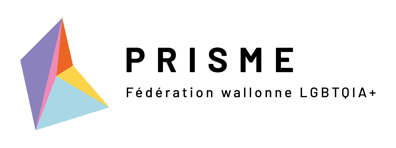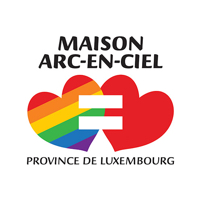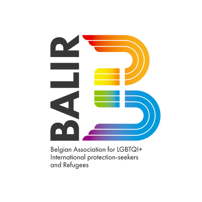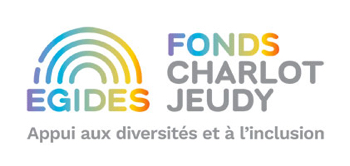

Same-gender sexual activity in Morocco is illegal and is considered a crime and can be punished from six months to three years of imprisonment and a fine of 120 to 1,200 dirhams (12 – 120 €). The legal status of Moroccan LGBTQIA+ people effect largely by traditional Islamic morality, which views homosexuality, trans-identity, and cross-dressing as signs of immorality. The Penal Code of Morocco criminalises "lewd or unnatural acts with an individual of the same sex", and “acts or gestures of public obscenity and indecency”. Government attitudes towards homosexuality and trans-identity tend to be in the interests of the protection of the tradition of the country, in keeping with the culture's traditional gender roles and religious mores. The Moroccan government has taken some steps towards improving the situation for LGBTQIA+ individuals, including the creation of an advisory council on human rights that includes LGBTQIA+ issues. Also, there is a growing movement for LGBTQIA+ rights in Morocco, with organisations advocating for legal and social change. These efforts have yet to translate into significant legal changes or protection for the LGBTQIA+ communities in Morocco.

Moroccan public opinion towards the LGBTQIA+ communities is generally negative, in alignment with Islamic countries. Human Rights Watch has reported that Moroccan authorities are known to intimidate LGBTQIA+ activists by contacting their families and asking them questions that may end up ‘outing’ them. People who are perceived as non-heterosexuals are met with general social hostility, legitimated by public officials’ anti-LGBTQIA+ rhetoric. Physical assaults have also been documented, forced heterosexual marriage, confinement or eviction from the family home. Psychological abuse has been also cited as examples of family responses to LGBTQIA+ people coming out.


In Morocco fleeing is no bed of roses. Moroccan LGBTQIA+ individuals can ask for asylum through HCR in Rabat, but the road is long and most of the time, the results are not as expected. Those who are consumed by insufferable pressure and can afford to flee to European countries such as Spain don’t have it easy either, as requesting asylum doesn’t guarantee a human dignity. Only one in four requests prosper and on top of that the LGBTQIA+ collective and associations face additional obstacles.



